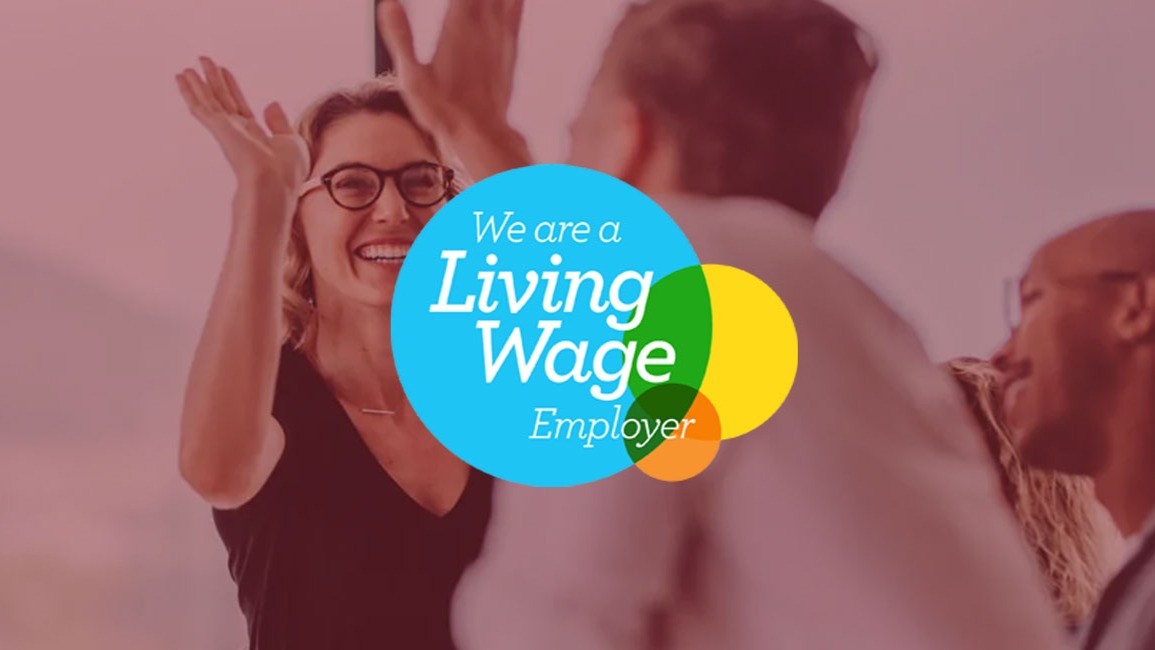Successful Public Sector Tenders and Grants

In today’s public sector tendering landscape, organisations need every possible advantage to stand out. As both a Living Wage employer and public sector bid writing specialist managing bids up to £5 million, we’ve witnessed firsthand how ethical employment practices significantly influence tender outcomes. The landscape of public sector procurement is evolving, with social value becoming an increasingly critical factor in bid evaluation.
The Current State of Living Wage in the UK
Recent data paints a compelling picture of the Living Wage movement’s impact. Over 480,000 workers now receive annual pay rises through the Real Living Wage initiative, injecting more than £3.6bn back into workers’ pockets. The Real Living Wage rates for 2024-25 stand at £12.60 per hour nationally and £13.85 in London, notably higher than the government’s National Living Wage of £12.21 per hour from April 2025. This difference represents a significant commitment to fair compensation that resonates strongly with public sector values.
Business Benefits and Market Position
The business case for Living Wage certification extends beyond ethical considerations. Approximately 17% of UK businesses with 10 or more employees reported increasing their workers’ hourly wages in early 2025, indicating a growing market trend. More significantly, Living Wage employers experience a 25% reduction in staff turnover, a crucial factor in service delivery quality and operational stability.
Impact on Public Sector Tenders
In a market where approximately 1.9 million workers (6.5% of all UK workers) are paid at or below the minimum wage, Living Wage certification provides a powerful differentiator in tender submissions. This commitment demonstrates tangible social responsibility and strengthens your position in public sector bids, particularly in social value scoring sections.
Implementation Strategy for SMEs
For organisations considering Living Wage certification, a structured approach is essential:
- Initial Assessment
- Review current wage structures against Living Wage rates
- Calculate implementation costs considering the projected 3.6% wage growth rate for 2025
- Evaluate potential impact on operational budgets
- Planning Phase
- Develop a six-month implementation timeline (targeting 1st May 2025)
- Create comprehensive documentation for certification
- Design an internal communication strategy
- Integration with Tender Responses
- Incorporate Living Wage commitment into social value propositions
- Demonstrate the link between fair wages and service quality
- Highlight the long-term benefits for contract delivery
Measuring Success
The impact of Living Wage certification can be measured through several key indicators:
- Enhanced bid scores in social value sections
- Improved staff retention rates
- Higher employee engagement levels
- Stronger position in quality evaluations
- Better long-term contract retention
Market Trends and Future Outlook
With wage growth currently at 5.9% (December 2024 to February 2025), businesses implementing Living Wage certification are positioning themselves ahead of market trends. The public sector’s increasing emphasis on social value in procurement decisions suggests this advantage will only grow stronger.
Taking Action
To leverage the benefits of Living Wage certification in your tender submissions:
- Begin with a thorough review of your current wage structure
- Calculate the specific implementation costs for your organisation
- Assess the potential impact on your tender success rates
- Engage with the Living Wage Foundation for guidance
- Create a detailed implementation timeline
Our Commitment
At Tender Response Limited, we’re proud to be a Living Wage accredited employer, demonstrating our commitment to fair compensation and ethical business practices. This accreditation reflects our deep understanding of modern public sector procurement, where social value drives success. With our proven track record of success in tender applications and 95% in grant applications, we don’t just advise on best practices – we live them.
Partner with us to transform your tender approach with expertise that’s rooted in real commitment to social value. Because in today’s bid writing and tendering landscapes, leading by example makes all the difference.
